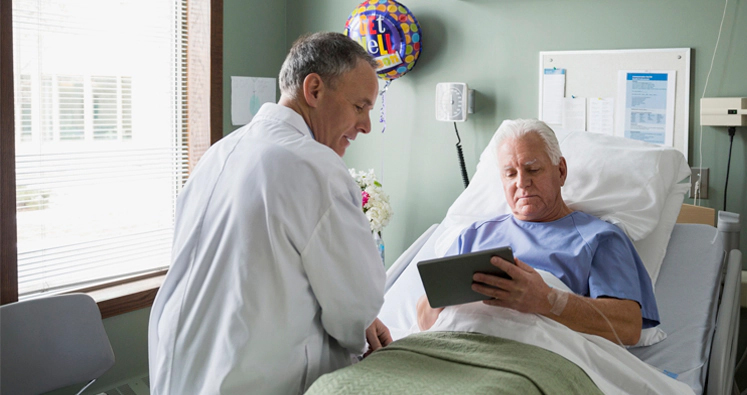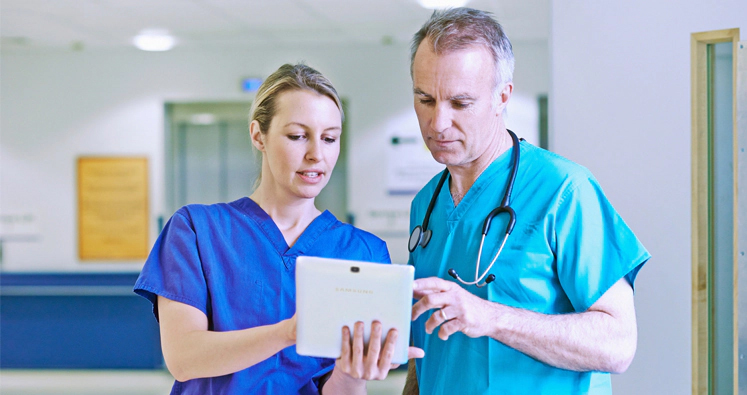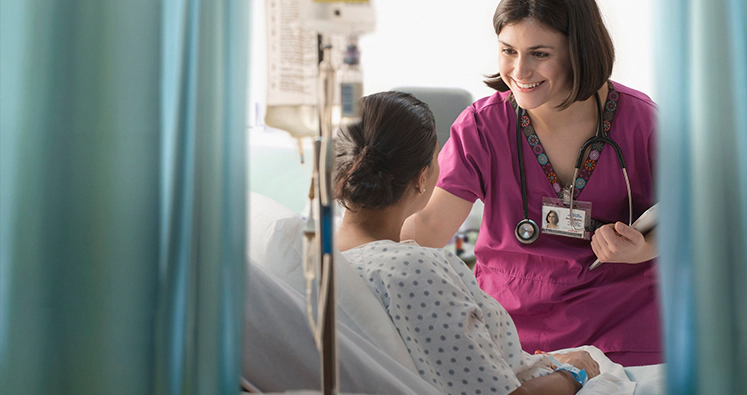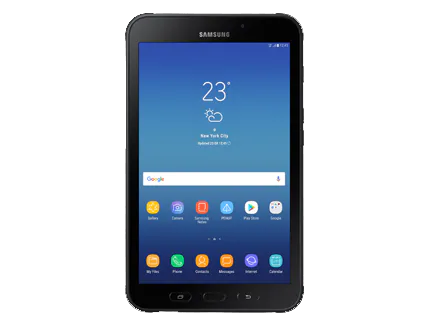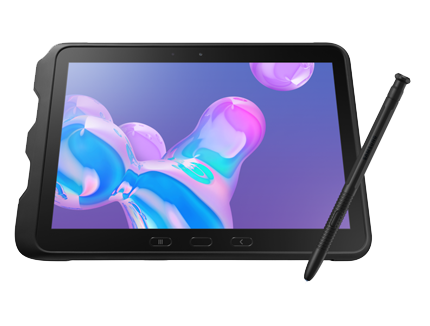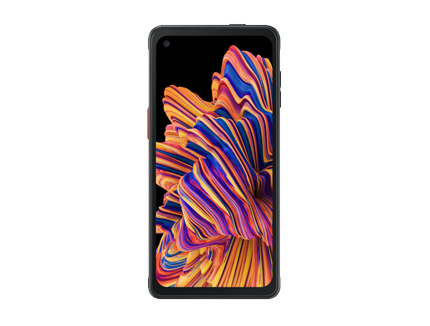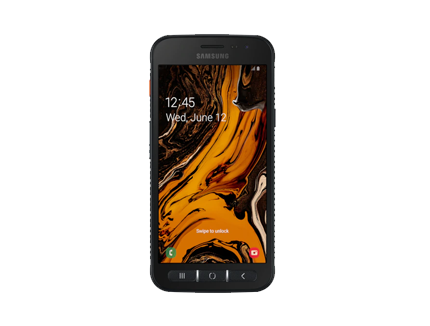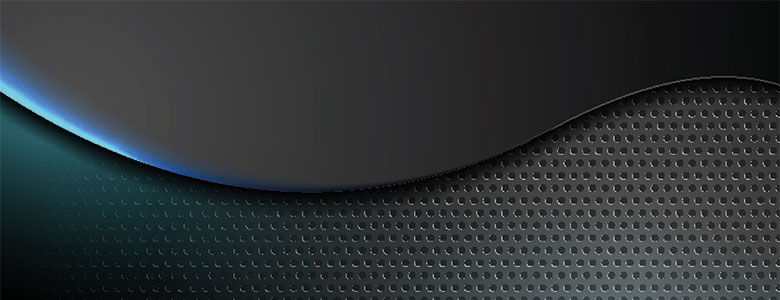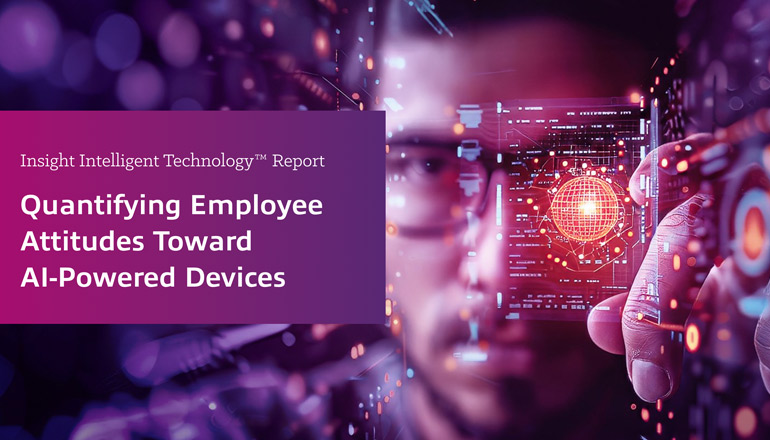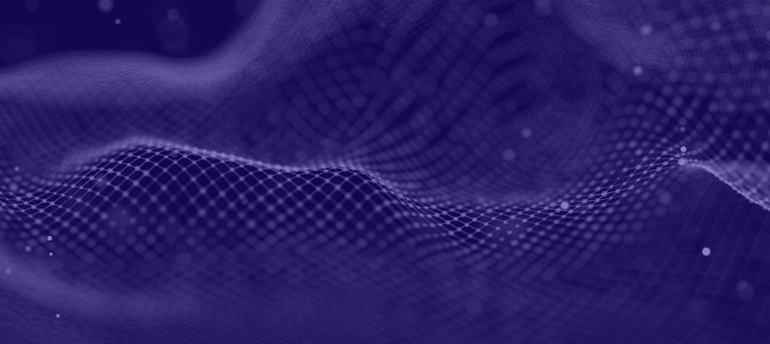
Rugged in Healthcare
Healthcare matters
The NHS has long relied on large quantities of paper. But as part of its Long Term Plan, providers are expected to advance to a core level of digitisation by 2024.1
New technology on the frontline will allow medical practitioners to operate far more effectively to save more lives. They’ll be easier to contact in an emergency, able to access patient records at the click of a button and saved from having to re-enter data at a workstation.
However, in fast-paced medical environments, equipment can face considerable wear and tear, and practitioners can’t afford for their devices to fail them at critical moments.
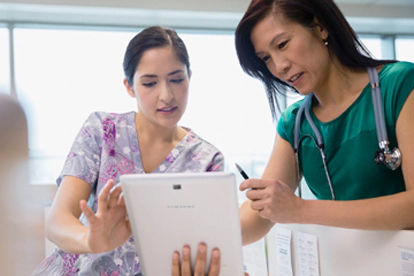
Rugged devices can withstand the punishment they are likely to receive. They’re protected from drops and water damage, while their long-lasting batteries won’t fail workers during lengthy shifts. They’re also sensitive enough to be used whilst wearing gloves, so you can guarantee safety protocols are followed.
Finally, it’s more important than ever that medical organisations take security seriously. 15% of all breaches in 2019 involved healthcare organisations,2 so your devices must be capable of protecting sensitive medical records. Choosing devices with built in defence-grade security will ensure both medical staff and patients can be confident that their data is safe.
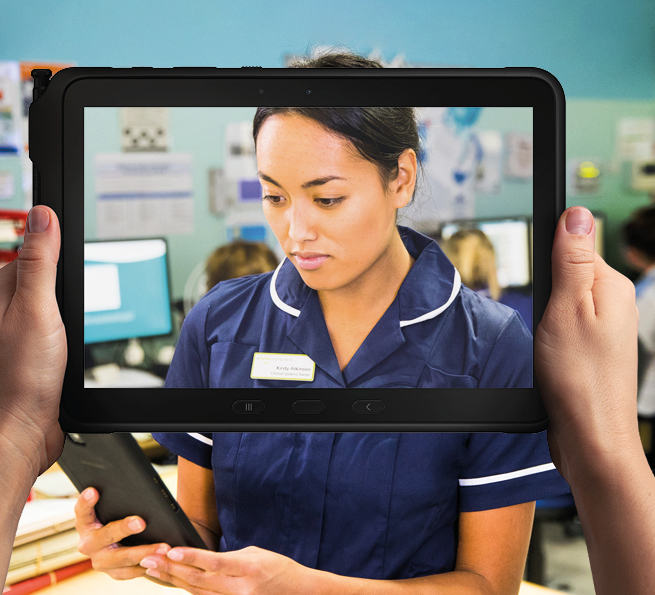
1 NHS (2019) Long Term Plan
2 Verizon (2019) 2019 Data Breach Investigations
